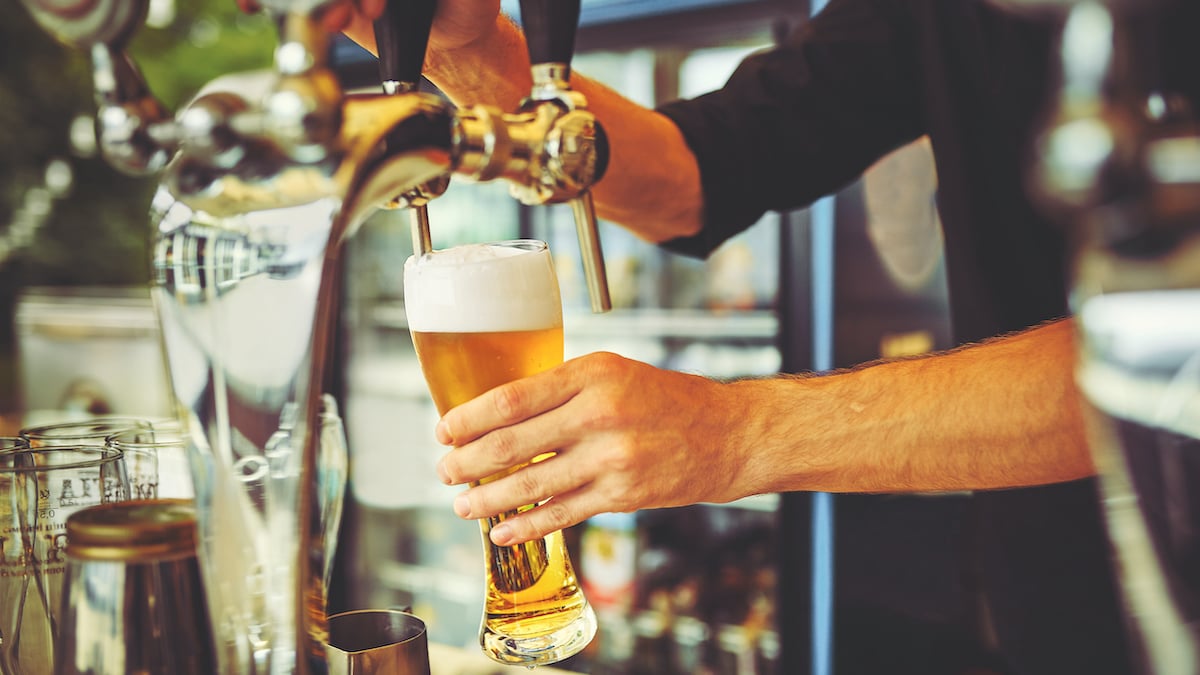As usual, no matter who plays in the Super Bowl, the real winners will always be the companies that manufacture and sell beer. And for those lucky enough to have been born outside the areas that make one a lifelong Eagles or Chiefs fan, this year’s Super Bowl looks to be a ho-hum matchup between two teams that might normally have not made it out of the playoffs in a more competitive year for the NFL. For football addicts still looking to make this an entertaining spectacle, the Associated Press has some good news: This year’s Super Bowl has officially sold out all of its advertising space, with the most spots being purchased by beer companies.
This is a switch from last year’s “Crypto Bowl,” in which celebrities hawked all kinds of cryptocurrency and bitcoins and other alternatives to investing wisely. In fact, this was such a banner year for crypto that Larry David and Tom Brady have officially been named in a class action lawsuit for their appearances in Super Bowl ads for fraudulent cryptocurrency exchange FTX.
And while even the newest investors might have been wary of trusting Brady, whose allegations of a career of cheating on the field and whose recent taking to Instagram to attract women en mass might make one wonder as to his moral compass, Larry David has attracted a loyal following on Curb Your Enthusiasm playing a version of himself upholding a strong ethical code.
Part of the reason beer is so big this year is that Anheuser Busch gave up its deal to be the sole alcohol sponsor of the game. This has opened the gates for companies like Heineken, Molson Coors, and international alcohol conglomerate Diageo, which owns an array of brands from Jameson Whiskey to Guinness Stout Beer.
Anheuser Busch, the brewer of Budweiser and Michelob, has still purchased the most airtime, clocking in at three minutes of ad time. Their Budweiser Clydesdales have been an iconic presence at the Super Bowl ever since their ghoulish post-9/11 advertisement in which the horses were seen kneeling toward Ground Zero.

